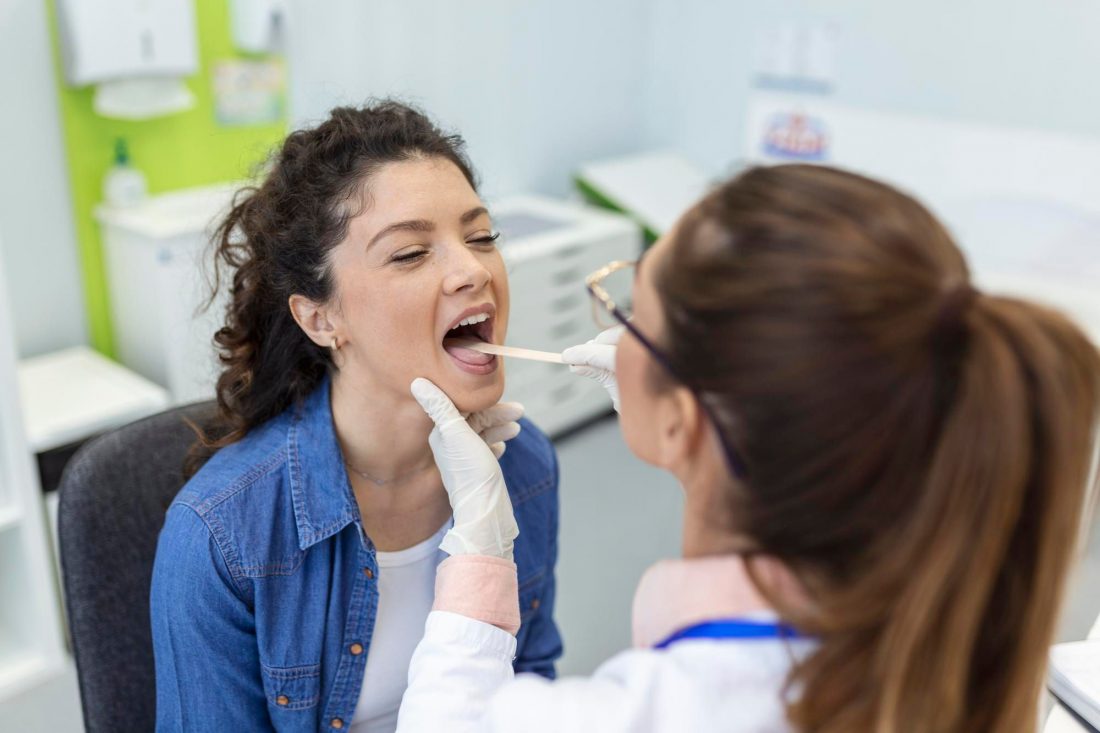It's official - Benefits of vitamin D and calcium include prevention of bone loss, but not just any kind of Vitamin D, it must be Vitamin D3 from natural sources. And, if you take enough Vitamin D3, you’ll be helping to protect yourself from cancers, too.
New research on calcium and Vitamin D3 was published recently in the well-respected Journal of Clinical Endocrinology & Metabolism.
Clinical trials found that daily doses of 1200mg of Calcium carbonate together with 1,000 IU of Vitamin D3 were successful at stopping bone loss in the hip for 5 years. Other research subjects who took 1200mg of Calcium only retained bone for 1 year, but had lost significant bone by 3 years or 5 years.
"At the clinically important hip site calcium therapy with an additional 1200 mg calcium as calcium carbonate a day, although initially successful at stopping bone loss, was not different from placebo at 3 or 5 years," said study authors in the January 17th online issue of the Journal of Clinical Endocrinology and Metabolism.
"Anyone taking a calcium supplement or a prescription such as Fosamax should also make sure they take Vitamin D3 to receive the intended health benefits and help retain bone mass," notes Dr. Paul Zickler of DoctorSolve™ Healthcare Solutions, an international pharmacy.
What Kind of Vitamin D is Best?
The research confirms that inexpensive Vitamin D is an essential nutrient. Medical researchers say 20 minutes of sunshine each day will provide the needed Vitamin D. However, people who live in rainy climates often take Vitamin D supplements. The synthetic forms called Vitamin D2 are not absorbed well by the body and do not help with bone loss. Make sure you get enough sunshine or buy Vitamin D3 from natural sources.
Anti-Cancer
The study adds to last summer's findings from another study showing Vitamin D helps ward off various cancers. "Sunlight may protect against prostate, colon, rectal, female breast and ovarian cancer, all diseases that contribute to a substantially higher proportion of cancer mortality in the western industrialized world," researchers reported in the Journal of Cancer Research and Therapeutics. "The benefits of Vitamin D3 have been shown to help protect us against 16 types of cancer, including lung, breast, ovarian, prostate, and colon cancers," says Dr. Zickler of DoctorSolve™. "Vitamin D3 also helps with heart disease, diabetes, inflammatory bowel disease, Rheumatoid arthritis, and Multiple Sclerosis."
How Much to Take?
Very few foods contain Vitamin D, so unless we receive daily sunlight, we are probably deficient. The recommended daily allowance (RDA) of Vitamin D is about 400 international units (IU) per day. But RDAs make use of a "bell curve" approach and use the smallest amount recommended for anyone, then recommend that amount for everyone. In the wake of this new research, governments are expected to review and increase the RDAs for Vitamin D.
"The recommended adequate intakes for vitamin D are inadequate, and, in the absence of exposure to sunlight, a minimum of 1000 IU vitamin D per day is required," said researchers in the American Journal of Clinical Nutrition, as far back as 2004. The authors also state that breastfed infants may not be receiving enough Vitamin D3.
"Vitamin D deficiency is often misdiagnosed as fibromyalgia," the article notes. Researchers also found that dark-skinned people need more, not less, Vitamin D. This is because their higher levels of melatonin in their skin make it harder to absorb Vitamin D. Some researchers have suggested dark-skinned people should take supplements containing at least 2000 IU of Vitamin D per day.
The Final Word
So each day you should get your 20 minutes of sunlight or your Vitamin D3 from natural sources. But don't overdo it in sunlight. Researchers caution that too much sunlight places people at risk of developing skin cancers.







